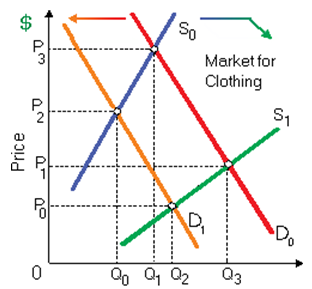Building blocks for a capitalist system comprise: (i) supplies and demands. (ii) private property rights. (iii) laissez-faire policies. (iv) market-determined prices and outputs. (v) All of the above.I need a good answer on the topic of Economic problems

Please give me your suggestion for the same by using above options.